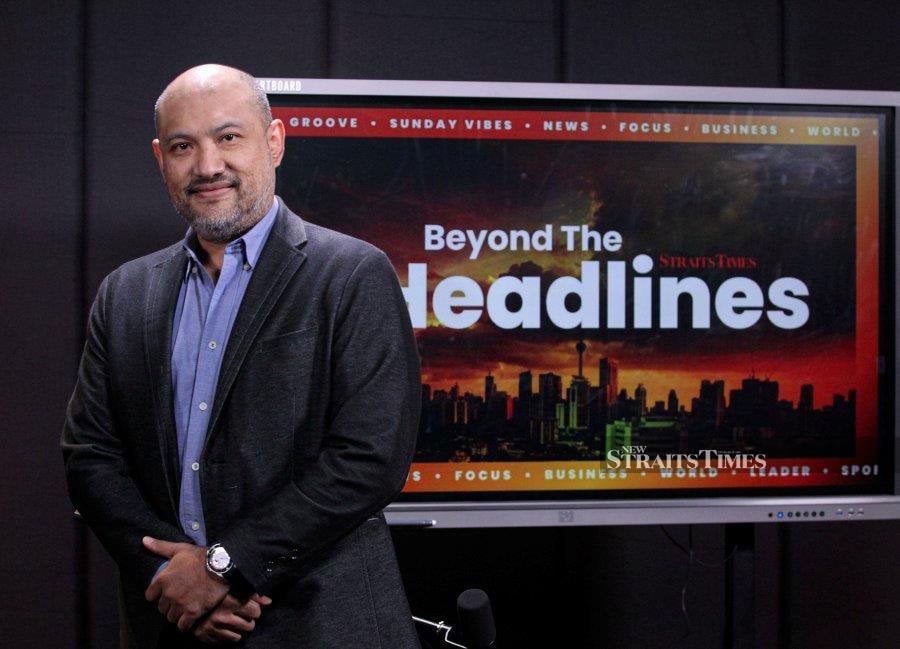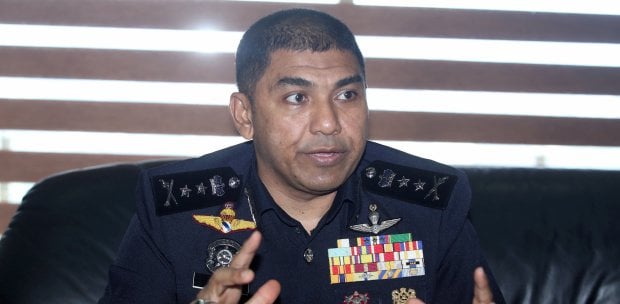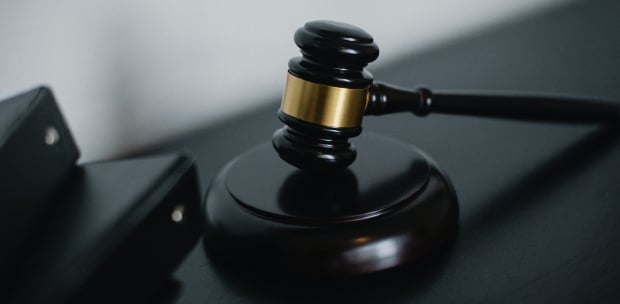KUALA LUMPUR: The government should consider establishing independent oversight bodies, such as a Charities Commission, to regulate non-governmental organisations (NGOs).
This will prevent them from being used for money laundering by crime syndicates, said an expert.
Centre to Combat Corruption and Cronyism chief executive officer Pushpan Murugiah said in order to close the gap in the law, it was urgent that the authorities look into revising how charitable activities are governed.
He said this could be done either through revisions of individual laws such as the Societies Act 1966 and the Companies Act 2016.
"The issue in Malaysia is that NGOs come in many forms, including as companies under the Companies Commission Malaysia and societies under the purview of the Registrar of Societies.
"Depending on how they are registered, a fraudulent NGO may be able to utilise different legal loopholes for illicit activities," he told the New Straits Times.
He said the public should ensure that they keep up to date with recommendations by the authorities, such as Bank Negara Malaysia, on how to avoid scams involving mule accounts or phishing.
That way, prospective donors can be more confident in knowing that the money they donate is actually being used for their intended purpose, he said.
"However, as was seen with the Aman Palestinian scandal, it may be difficult for individuals to figure out exactly where their donations are being channelled or if that money is being used for improper purposes.
"Therefore, before donating, it is key to conduct some basic background research into the particular organisation's activities by reading their published annual reports and financial statements," he said.
Another expert said the public should practise caution before donating, lest they unknowingly become enablers for crime syndicates who use charity funds for money laundering.
CSO Platform for Reform chair Jerald Joseph said it was time for the public to get to know the NGOs and their main leadership more closely to see if their track records support universal human rights and comply with good governance.
"I think we need to help people understand that there are hundreds of thousands of NGOs in Malaysia and, of course, some have abused this entity for very corrupt ends.
"Just a general statement does a disservice to the majority of NGOs that are doing good work," he said.
He suggested that the authorities name the suspicious groups so that those involved could be isolated while calling out against bad practices in aiding and abetting criminals.
Jerald said a few NGOs involved in illegal activities such as money laundering could undermine the good work done by many others.
Police Anti-Money Laundering Criminal Investigation Division head Datuk Mohammed Hasbullah Ali was reported as saying charitable donations to NGOs were among the ways criminal syndicates were laundering proceeds from their illicit activities including illegal gambling, drugs, smuggling and extortion.
The money would then be channelled back to the syndicates and the NGOs would receive a commission in return for their assistance.
Money laundering activities cause hundreds of millions of ringgit in losses for Malaysia.






